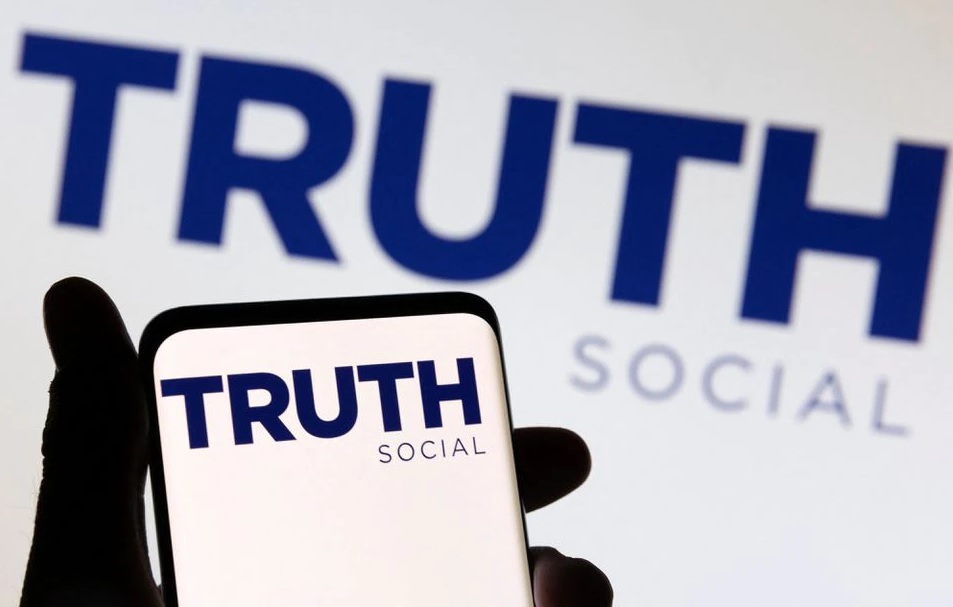In 2015, science became a verb—in the world of pop culture, anyway.
In the movie The Martian, Matt Damon plays an astronaut stranded on Mars. Faced with a dilemma he couldn’t immediately solve, he tells a video camera at his Martian base: “I’m going to have to science the s— out of this.”
Research, like science, is best when it’s a verb, not a noun. It’s an ongoing activity critical for problem-seeking, problem-solving, and, most importantly, changing minds. And like any activity, research is something you can only improve through consistent practice and thoughtful reflection.
In my career as a researcher, strategist, scientist, and consultant, I spent my days running experiments, gathering and synthesizing secondary research, and analyzing survey results and interview transcripts. I applied the same mindsets and tested the same beliefs against the data in almost every task.
Here are 11 of what I sometimes call “essential beliefs”—the axioms that stood up to sometimes novel and innovative challenges from data—that anyone can use to solve problems at their organizations.
1. Empathy isn’t an endorsement.
You don’t have to agree with something to discern its meaning objectively. Applying good faith or healthy skepticism to your investigations can ensure you overrule any cognitive biases in your discovery process.
2. Precision isn’t accuracy.
Just because you do something precisely doesn’t mean the learnings are accurate. You must be able to repeat the same outcomes over time to increase accuracy. The true nature of what you’re trying to measure cannot only be determined by precision because, in the beginning, you might be precisely wrong.
3. Experience isn’t authority.
While an individual’s life experiences shape how they see and understand the world—which still offers tremendous, unique value—it doesn’t make them a de facto authority. Only deliberate and prolonged research, analysis, peer review, and reflection can establish authority. And sometimes, not even those factors are enough.
4. Evidence isn’t enough.
It takes compelling stories for people to change their minds. This isn’t the fault of any researcher; it’s because no one can be told to change their mind based on science or data by itself. People will succumb to the temptation that allows them to explain away the data or evidence because it contradicts their worldview. Data alone isn’t enough to change minds; people must decide to do that themselves.

5. It’s not your story. It’s their story.
Compelling research spreads independently of the researcher. For this to spread to occur, it must be able to travel without exposition. The data must stand on its own—so it can walk around.
The story in the data shouldn’t focus on the research process or why it matters to the researcher. Instead, researchers should frame the data to tell a story about why the audience should care about it to achieve their own goals. “Your” data succeeds when it becomes “our” data.
6. Being wrong isn’t failure.
Too often, people are afraid to change their minds in the face of new information. Maybe they don’t want to appear as wrong or stupid in a competitive workplace or a cutthroat industry. But admitting ignorance is just the first step in the learning process. It’s the price of personal growth.
Richard Feynman, the late legendary theoretical physicist, and Nobel Prize winner, memorably put that message in stark terms in this 1964 lecture.
“It doesn’t make a difference how beautiful your guess is. It doesn’t make any difference how smart you are or who made the guess, or what his name is,” Feynman told the group of Cornell University students. “If [the guess] disagrees with [the] experiment, it’s wrong. That’s all there to it.”
7. Discovery is finding something you aren’t looking for.
When you’re narrowly focused on searching for what you expect, you miss discovering something completely new. True breakthroughs are the byproduct of a beginner’s mind meeting an unexpected outcome. This is why, when embarking on a new research journey, it’s critical to see yourself as “a scout, not a soldier,” in the words of Julia Galef, co-founder of the Center for Applied Rationality.
8. Error is inherent.
Whether it’s systematic (inherent to how you measure), human (inherent to who’s measuring), or random error (inherent to when you’re measuring), no matter how careful or objective you think you are, error is unavoidable. Uncertainty is baked into reality. All anyone can do is try to control and quantify it.

9. Trust is efficient.
Gathering data is easy. Extracting meaning takes a lot of work. But getting to the truth, defined as a shared reality in a way that anyone can reproduce the results, requires trust. It may take a long time to build, but trust in either people or equipment is a necessary precondition to getting people’s honest perspectives quickly and consistently. No one owes you the truth by default, it’s earned.
10. Curiosity is caring.
Much like trust is the precondition for getting to the truth, caring is the wellspring of curiosity. When you genuinely care about something, you’ll expend any effort to understand it better. This internal source of energy and motivation will last far longer than any extrinsic reward ever could. How do you get people to care and become curious? There are a few tips on this list, but revisit truths #4 (“Evidence isn’t enough”) and #5 (“It’s not your story, it’s their story”) first.
11. Qualitative analysis is an art, not a science.
While quantitative analysis has right and wrong answers, qualitative research depends more than we like to admit on the person doing the analysis.
Like any art, qualitative analysis is subconsciously informed by intuition and prior experiences, which can impact research speed more than its quality. This subconscious nudging happening under the surface is why qualitative analysis should be viewed as something other than right or wrong. Instead, we can use qualitative analysis to see if it unites everyone’s opinion on whether a decision was right or wrong.
How leaders can apply these observations in the years ahead:
I deeply believe that whether you’re stranded on Mars, or working in an office, science—when used as a verb!—will be one of the last human activities that artificial intelligence replaces.












Replies to This Discussion